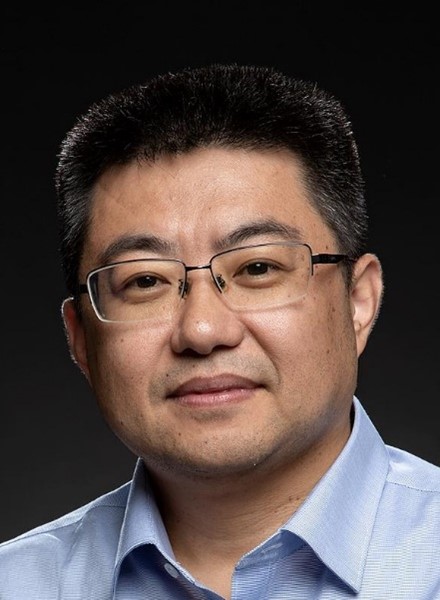
搜索网站、位置和人员

新闻与活动 活动信息
Chemistry Colloquium | 高毅勤:分子模拟与深度学习在分子体系中的应用与方法发展
时间
2022年8月8日(周一)
下午16:00-17:30
地点
西湖大学云栖校区5号楼一楼学术报告厅
主持
西湖大学徐益明讲席教授,理学院执行院长 邓力
受众
全体师生
分类
学术与研究
Chemistry Colloquium | 高毅勤:分子模拟与深度学习在分子体系中的应用与方法发展
时间:2022年8月8日(周一)下午16:00-17:30
Time:16:00-17:30, Monday, August 8th, 2022
主持人:西湖大学徐益明讲席教授,理学院执行院长 邓力
Host: Li Deng, XU Yiming Endowed Chair Professor, Executive Dean of School of Science, Westlake University
地址:西湖大学云栖校区5号楼一楼学术报告厅
Venue: Lecture Hall, 1F, Building 5, Yunqi Campus, Westlake University

高毅勤 教授
北京大学化学与分子工程学院
Prof. Yi Qin Gao,
College of Chemistry and Molecular Engineering, Peking University
E-mail: gaoyq@pku.edu.cn
主讲人/Speaker:
高毅勤,1972 年出生,1993 年本科毕业于四川大学化学系,1996 年在中科院化学所获得硕士学位,2001 年获得加州理工学院博士学位。2001 年- 2004 年在加州理工学院和哈佛大学做博士后研究。2004 年 -2010 年在美国德克萨斯农工大学(Texas A&M University)化学系任助理教授;2010 年起任北京大学化学与分子工程学院教授,2013 年起同时担任北京大学生物医学前沿创新中心研究员。主要从事生物物理化学/ 理论化学方面的基础研究。现任北京大学理学部副主任,JCTC杂志副主编,中国化学会副秘书长。
Yi Qin Gao was born in 1972. He received his bachelor’s degree from Chemistry Department of Sichuan University in 1993, a master’s degree from Institute of Chemistry, Chinese Academy of Sciences in 1996, and a PhD degree from California Institute of Technology in 2001. Between 2001 and 2004, he was a postdoc at Caltech and then Harvard. In 2004, he became an assistant professor in Chemistry Department, Texas A&M University. Since 2010, he has been a Professor in College of Chemistry & Molecular Engineering; Peking University. He joined BIOPIC as a PI in 2013. He serves as the associate dean of School of Science of Peking University and is an associate editor of the ACS journal JCTC.
讲座摘要/Abstract:
基于力场的分子模拟在化学、材料和生命体系中有着越来越广泛的引用,对于获取复杂分子体系的结构和动力学性质起着重要作用。但是在针对复杂体系的应用中,分子模拟还有如精度低、计算慢、收敛不稳定等瓶颈问题需要解决。近年来,深度学习方法和软硬件架构的发展为分子模拟的进步提供了新的技术支撑和思路。在本报告中,我们将介绍针对分子模拟模拟中瓶颈问题的一些尝试性解决方案。这些方案包含:基于统计力学原理的增强取样,更高效和准确的静电相互作用计算方法,基于深度学习的分子建模方法,将深度学习与传统分子模拟技术相结合的加速算法,以及基于深度学习框架和模块化思想对这些算法在自主产权分子模拟软件上的实现。我们将以分子模拟化学反应、冰水相变、蛋白质结构和蛋白质/小分子复合物结构的预测为例来介绍这些方法的可能应用场景,以及由这些应用延伸出来的理论和技术需求。对应的科学问题的回答和实际应用场景的需求对分子模拟提出了更高的要求,也展示了更好的未来。基于这些可能的场景,我们将对分子模拟的未来发展进行展望。
Classical molecular simulations have found many applications in a number of research areas such as chemistry, biology and material sciences, generating important data on structure, thermodynamics and kinetics for these systems. But their application in complex molecular systems is limited by high demand of computational resource, occasionally questionable reliability and reproducibility. In this talk, we try to discuss various approaches that are being developed to overcome these problems, including development of enhanced sampling methods, new and reliable methods for electrostatics calculations, and molecular models based on deep learning. We will discuss how machine-learning methods can be combined with enhanced sampling techniques to further speed up molecular dynamic simulations. With these methods, one can perform efficient mechanistic studies at the atomic level for slow processes such as ice-water phase transition and chemical reactions in condensed phases. We will also discuss how deep molecular models can be used in structure prediction and evaluation of proteins. We have implemented these methods in our home-written molecular simulation package, SPONGE. Through these efforts, we try to generate a comprehensive package of structure prediction, molecule and sequence generation, structure evaluation, and dynamics simulation. We will then discuss the possible applications of these methods in physical, chemical and biological problems, as well as the possible future directions of methodology development.
讲座联系人/Contact:
理学院,罗老师,邮箱:luojisheng@westlake.edu.cn
School of Science, Dr. LUO, Email: luojisheng@westlake.edu.cn

















